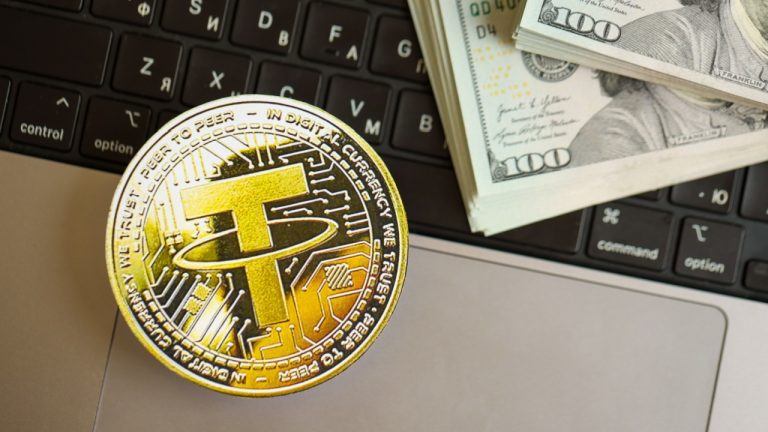A number of people who invested in a cryptocurrency company are claiming that the company is scamming its users.
The fund in question is called AMFEIX, which promised high-yield monthly returns to its users and supposedly raised more than $60 million in Bitcoin (BTC). At the end of June, Cointelegraph began receiving emails from AMFEIX users who had invested their funds into the project.
These users claimed that there have been lots of pending withdrawal requests that have been delayed since May 2020. They also claim that the project’s support team has been ambiguous in how it communicates with investors.
An anonymous source provided Cointelegraph with screenshots of conversations with alleged AMFEIX’s employees, and spreadsheets that appear to back up the claims on social media that this company is not operating above board.
AMFEIX has over 500 withdrawal requests on hold
One of the documents our source shared with us shows an updated list of pending withdrawal requests on the platform.
Cointelegraph confirmed that a BTC wallet address owned by AMFEIX has received a total of 7,228 BTC since April 2019 (more than $67 million). As of press time, the wallet’s final balance is 60.11 BTC (approximately $563,000).
The same wallet has also been listed among the “top 10 most successful active scammers” for the past month on Scam-Alert.io, a website that specializes in reporting scams and is connected to the popular WhaleAlert account on Twitter. The wallet appears to have yielded almost $56,724,950 — quite close to the amount of money reported in the documents that Cointelegraph received.
AMFEIX is registered in the United Kingdom
AMFEIX registered as a private company at the Companies House in Cardiff on October 7, 2019. Documents indicate that it filed under the name “AMFEIX Enterprise Tradings Ltd.” The company’s registered address belongs to a London-based business address service provider.
Despite the company’s active status in the U.K. Companies House filings, notification of a “voluntary strike-off” has been pending since June 2020. UK laws describe a “voluntary strike-off” (also called dissolution) as what happens when a company’s legal existence is “removed from the Companies House register.” The directors decided with this measure that they no longer “have a use for the company.”
The company should have closed any bank accounts before applying for the strike-off, as all remaining assets will pass to the UK Crown after the strike-off is approved. According to the fillings, a British individual named Jack Hudson (who appears to be the company’s former director) resigned on May 30, 2020. He is the only person whose identity is listed in the fillings.
An official statement from the financial watchdogs
Cointelegraph contacted the U.K. Financial Conduct Authority for a comment regarding the complaints about AMFEIX. It issued the following statement, which suggests that the FCA can’t take any action:
“There is no suggestion that Amfeix is regulated by the FCA […] Wallets holding unregulated tokens, like Bitcoin, do not need to be authorised by us, but will need to register under the anti-money laundering regulations (5MLD).”
AMFEIX employees in denial
Jack Hudson denied ever holding any high-profile roles in the company. Instead, he claimed in a Telegram conversation with our source to be “just a representative” for AMFEIX UK, which currently “does not trade.”
A source claims that most of AMFEIX’s alleged customers believe the “real” CEO is a 19-year-old British individual named “Ali Bilaal.” However, Ali’s name doesn’t appear in any legal records for the UK company.
Both Cointelegraph and an AMFEIX investor reached out to Jack Hudson via a second Telegram account that he owns, as he closed the original one. Neither received a response. Minutes after the AMFEIX investor sent their message, the AMFEIX team replied to ask that they “stop harassing” the company’s employees. AMFEIX allegedly claimed that harassment could “lead to a delayed verification process if persistent.”
Cointelegraph contacted AMFEIX and Jack Hudson via phone and email for an official statement but received no response as of press time.




